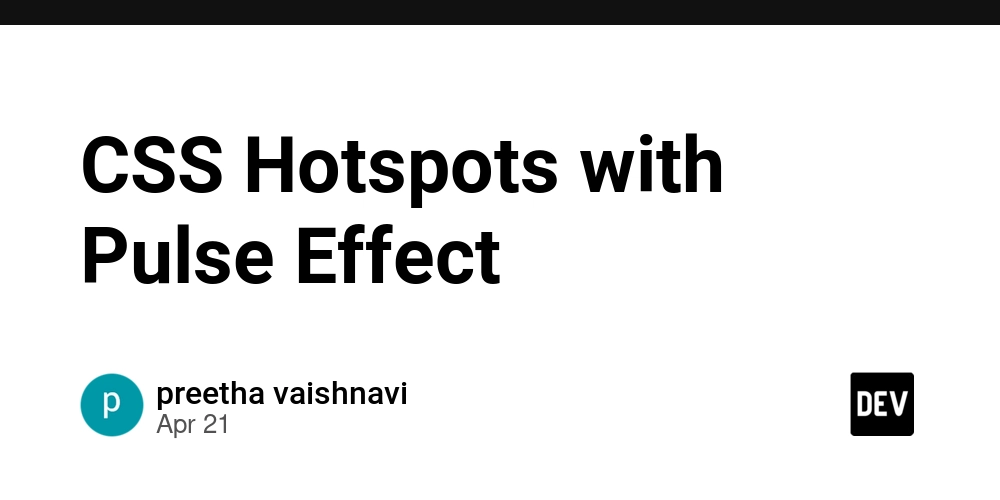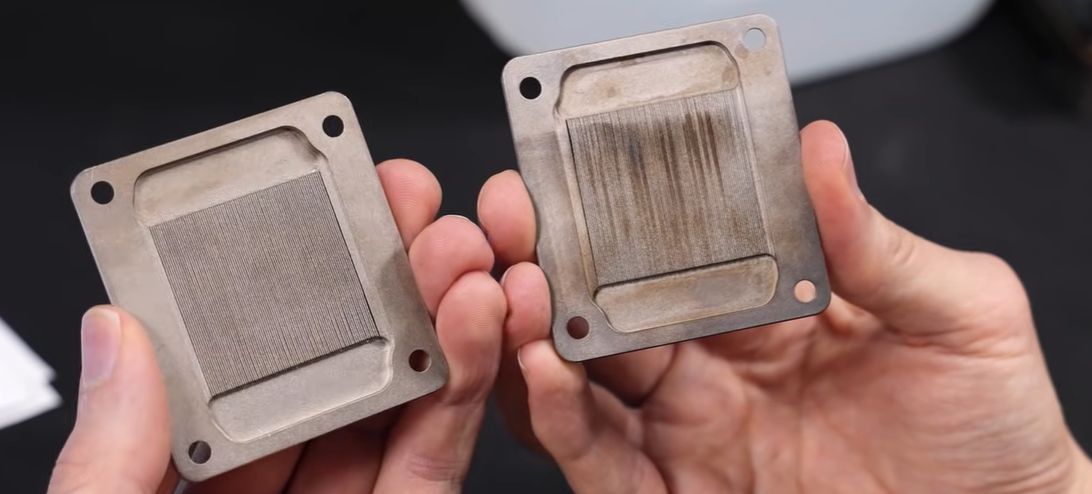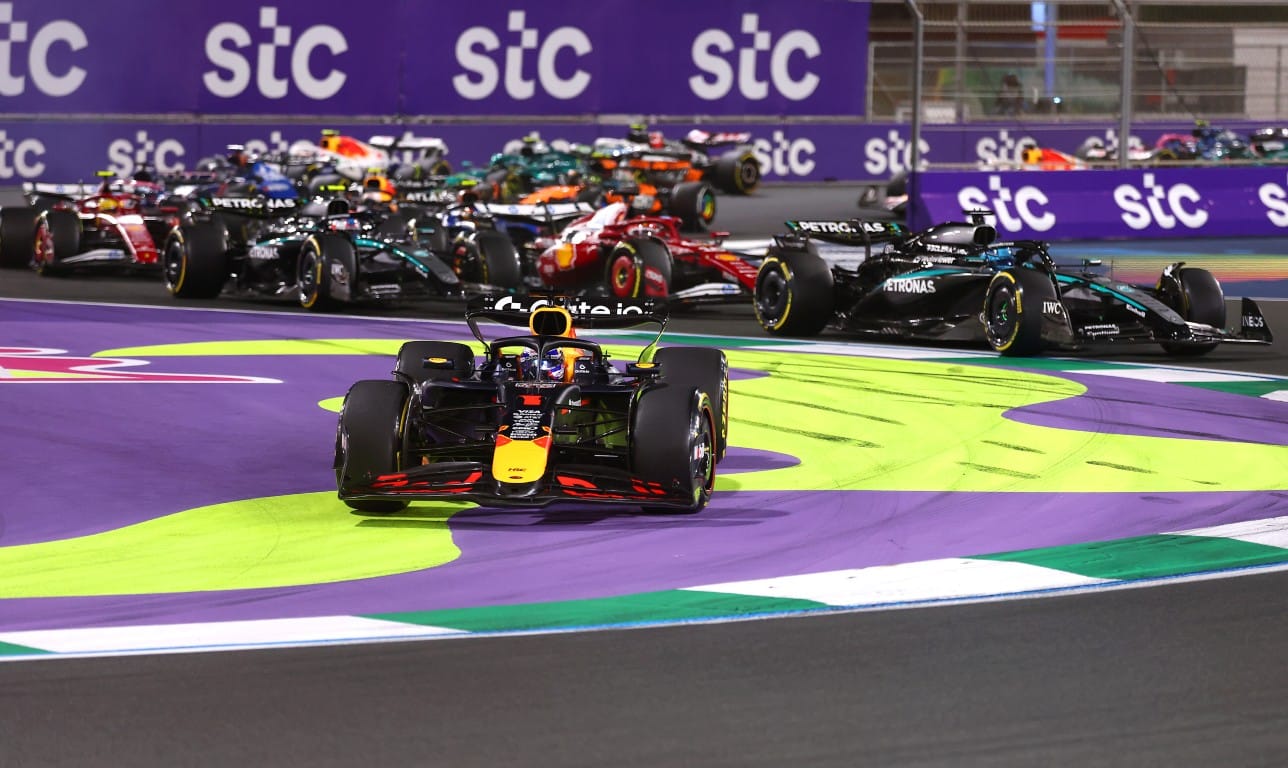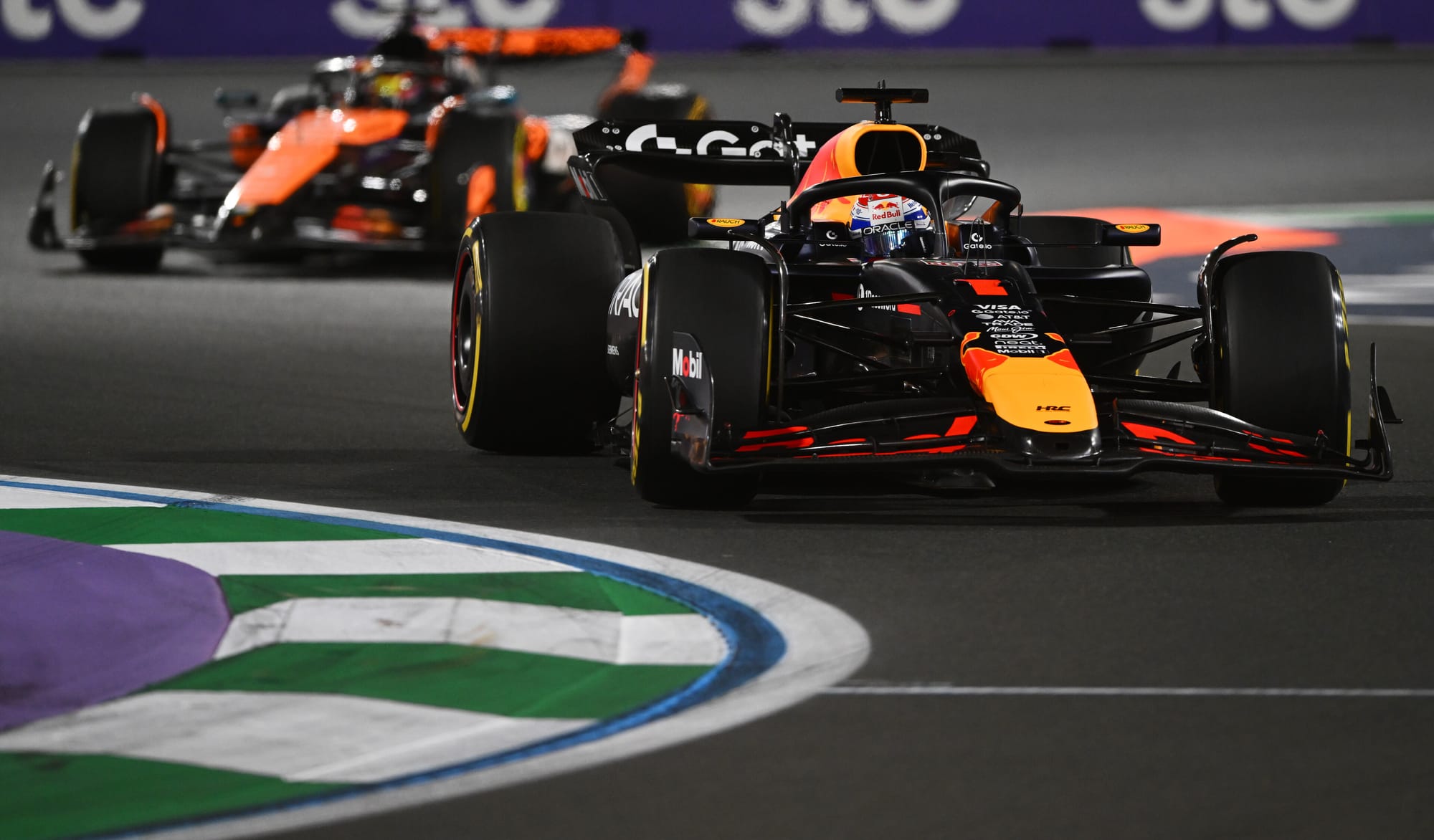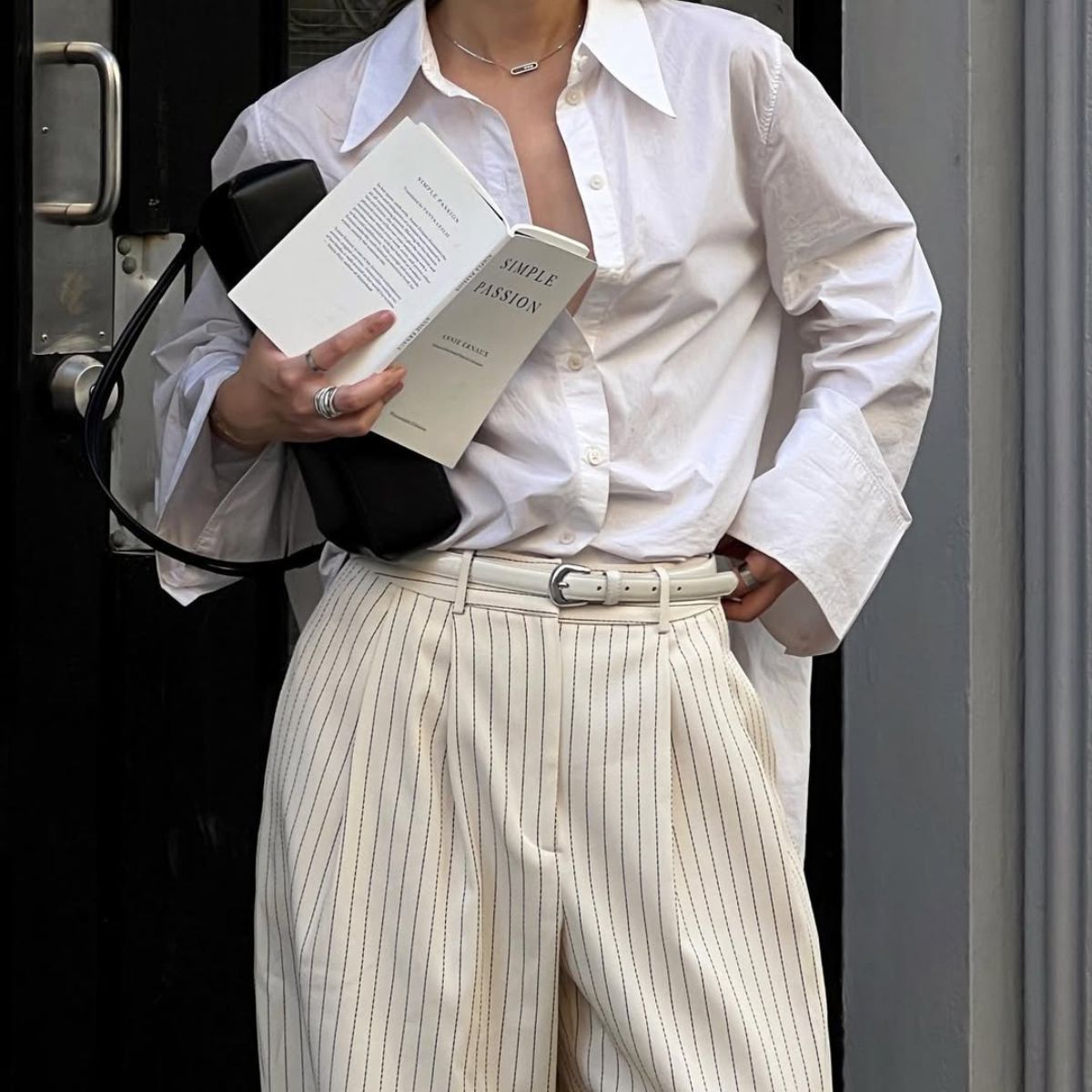Tennis players allegedly told they can’t shower in private under ‘bonkers’ rule
'A breach of human rights?'


Tennis players have reportedly been told they can’t shower in private under a ‘bonkers’ International Tennis Integrity Agency (ITIA) rule.
A social media post from Sports Illustrated journalist Jon Wertheim went viral on Friday explaining the alleged update to anti-doping regulations.
Under the new rule, players have been told ‘showering is not an entitlement’ and that they must stay in ‘full view’ of a chaperone when they’re washing.
It has reportedly been introduced to combat doping in the sport – which has become a growing problem in recent years – but the tennis world has expressed concern, with some describing the update ‘absolutely bonkers’.
Tennis players told ‘showering is not an entitlement’
‘The ITIA and previously the ITF has worked hard to ensure that showers following matches can amount to a permissible delay to doping control, particularly when not showering could have a detrimental effect on the health and wellbeing of a player,’ an alleged statement from the ITIA read.
‘However, showering is not an entitlement, and it is for this reason that the ITIA kindly requests that when showering players adhere to the requirement to stay in full view of the chaperone observing them at all times.

‘If a player is not comfortable being witnessed whilst showering, we would suggest that consideration is given to whether a shower is necessary before providing a doping control sample.
‘Failure to remain in full view of the chaperone will be taken extremely seriously by the ITIA.’
Why has the ITIA introduced this new rule?
It should be noted that there have been instances of sportspeople urinating in showers to avoid positive tests for doping in the past, such as in football.
The Professional Footballers’ Association website currently states: ‘It is important for the laboratory to analyse your first sample and by having a shower a player could urinate easily without anyone noticing.
‘Sports people have done this before in order to manipulate this seemingly insignificant procedure to avoid a positive result.’

Metro has reached out to the ITIA for comment but is yet to hear back from the organisation, which is responsible for safeguarding the integrity of the sport across the world.
Tennis fans, reporters, broadcasters and commentators have offered their reaction to the update on anti-doping regulations across social media.
‘This is surely a breach of human rights?’
‘It reads absolutely bonkers,’ Gill Gross posted on X, who is a commentator for the Tennis Channel, US Open Radio and the ATP Challenger Tour.
‘But in practice it basically just says “you should really pee in the cup before you shower, not after”.’
In response to Gross, tennis broadcaster Mike Cation posted: ‘Then say that, instead of “we’re going to watch you” – always confounds me when organisations have this large of a PR blunder.’
Tennis fan @MissLucy_2011, meanwhile, asked: ‘This is surely a breach of human rights?’
Tennis has been hit by a number of recent doping scandals

Tennis has been hit by a number of recent doping scandals, including one which involved the current world No.1 in men’s singles, Jannik Sinner.
In February, it was announced that Sinner would serve a three-month ban after reaching a settlement with the World Anti-Doping Agency (WADA).
The Italian, who won the Australian Open title in January, failed two drug tests last year is suspended from February 9 until May 4, 2025.
Sinner twice tested positive for clostebol – a steroid that can be used to build muscle mass – with WADA accepting his explanation that he was accidentally contaminated by a massage from his physiotherapist, who had used a spray containing the banned substance to treat a finger cut.
WADA said the three-time Grand Slam winner, who is allowed to return in time for the start of the French Open on May 19, ‘did not intend to cheat’ but insisted that the 23-year-old was responsible for his team’s negligence.








